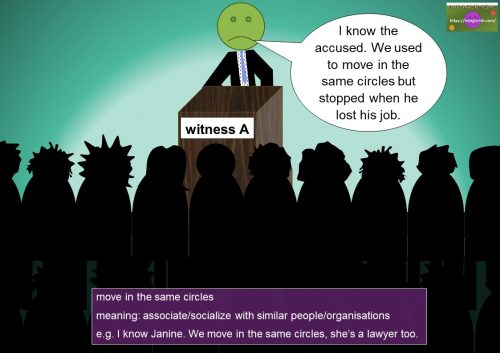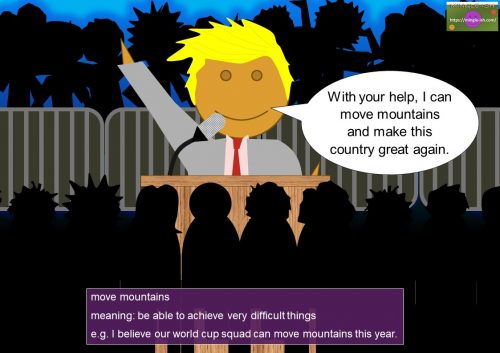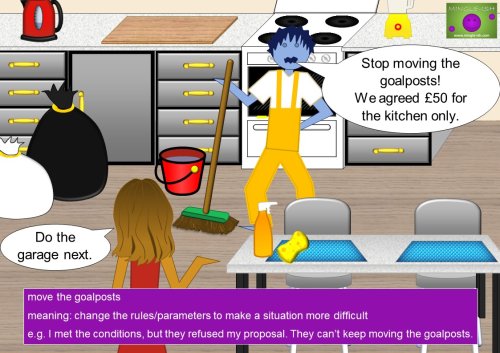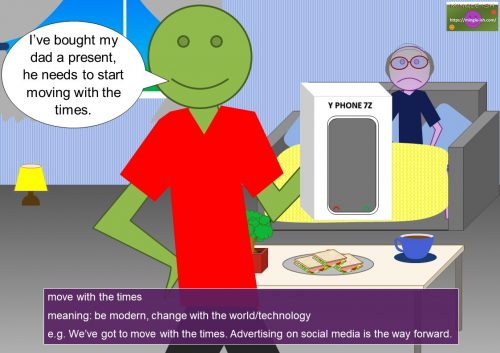The word ‘move’ can mean many different things. As a verb, the meaning is to make progress or go in a specific direction.
For example:
- The project is moving forward at a satisfactory rate. (make progress)
- Harry moved closser to Sally. (specific direction)
Move is a regular verb. The past tense and past participle is moved. If you struggle to pronounce past tense regular verbs, click here for some guidance.
idiomatic phrasal verbs
Did you know phrasal verbs are sometimes used in idioms? See if you can spot any. If you don’t know any phrasal verbs with ‘move’, click here to learn them.
idioms list with ‘move’
Let’s see these idioms with pictures and meaning using real-life scenarios.
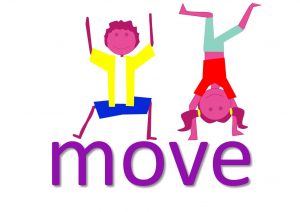
move heaven and earth
meaning – work very hard to achieve something
example – Lawrence is a good chap. He’ll move heaven and earth to finish the project on time.
move in the same circles
meaning – associate/socialise with similar people/organisations
example – I know Janine. We move in the same circles, she’s a lawyer too.
move mountains
meaning – be able to achieve very difficult things
example – I believe our world cup squad can move mountains this year.
move the goalposts
meaning – change the rules/parameters to make a situation more difficult
example – I met the conditions, but they refused my proposal. They can’t keep moving the goalposts.
move with the times
meaning – be modern, change with the world/technology
example – We’ve got to move with the times. Advertising on social media is the way forward.
Psst…
Hey, did you know the verb ‘move’ has many phrasal verbs. Since you like idioms and phrases, you obviously want to improve your fluency and speak like a native.
Am I right?
I thought you might like to learn the phrasal verbs with ‘move’ too. They are very common in informal English and great to know/be able to understand if you happen to be speaking to a native. We use them all the time, like literally ALL the time.

